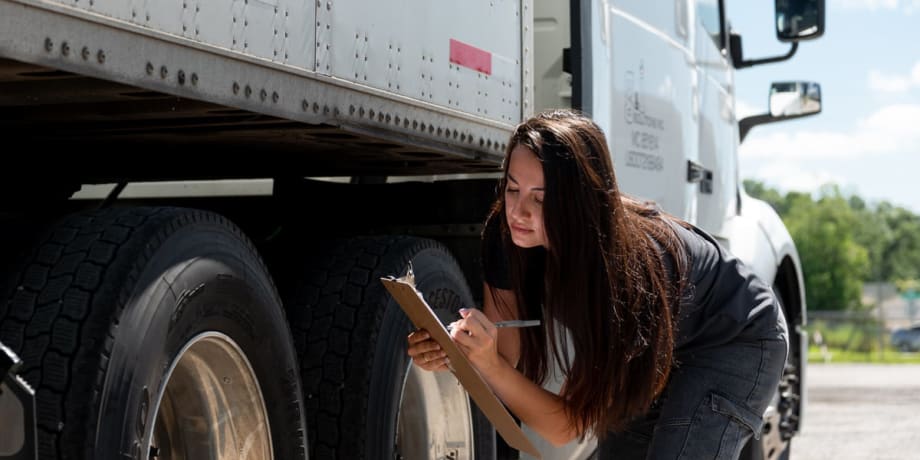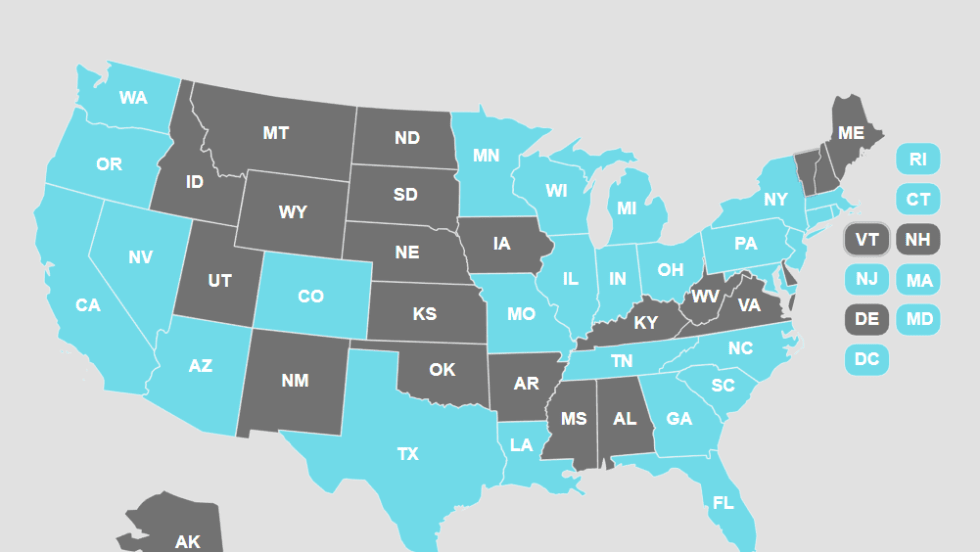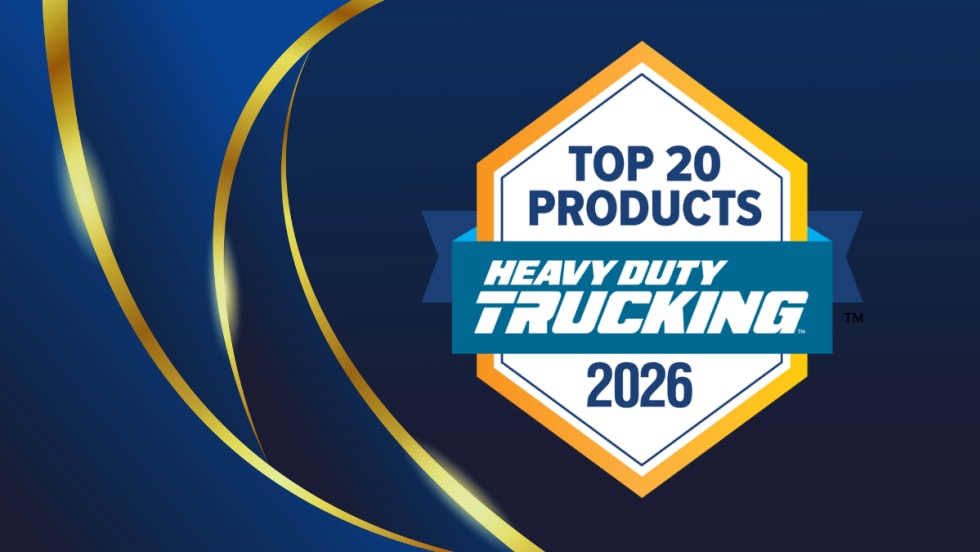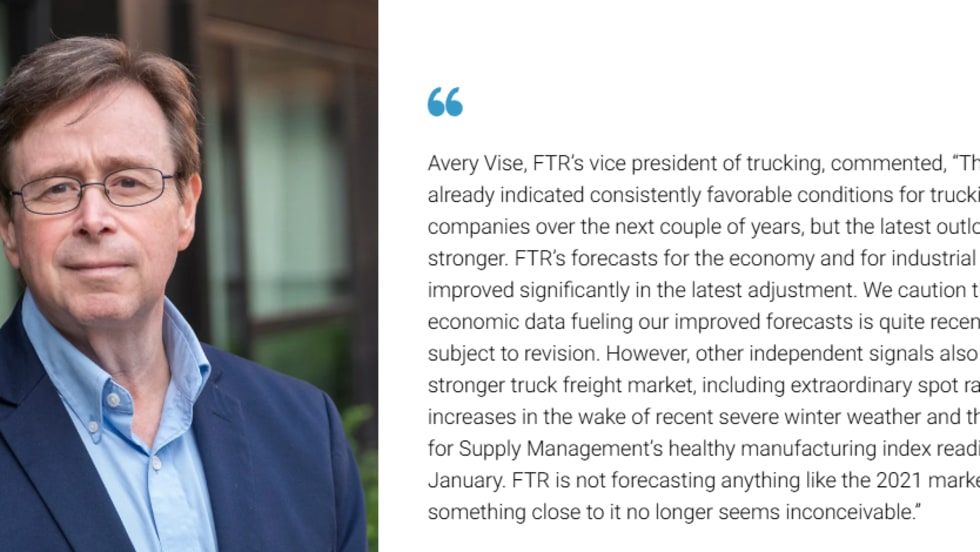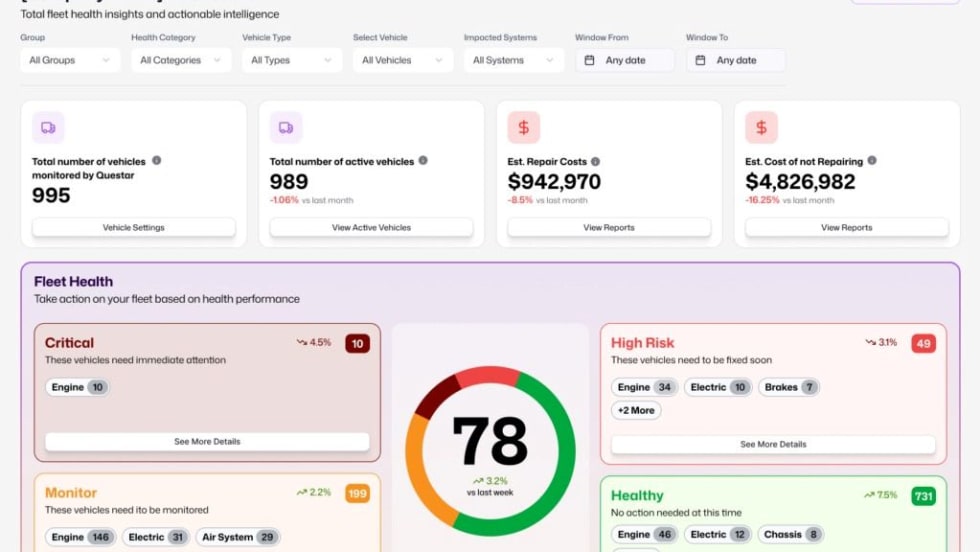About 46% of companies involved in transportation have a formal diversity, equity and inclusion policy in place, and another 18% are in the process of developing one, according to Women In Trucking Association’s latest gender diversity data presented by WIT President and CEO Ellen Voie and WIT Strategy Advisor Brian Everett.
The WIT Index, an annual benchmark report that measures the percentage of women who make up various roles in companies involved in transportation, logged 181 responses this year from for-hire trucking companies, private fleets, asset-based 3PLs, technology companies and OEMs. The majority of respondents were from small and mid-sized companies with up to 999 employees.
To address the issue that 31% of respondents indicated their company doesn’t have a DEI policy, Voie said in a webinar the association is moving to create a framework for creating, or a sample of, a formal DEI policy so that WIT members can adopt and build off something. No official launch date for the sample policy has been set.
This was the first year the WIT Index, which was last published in 2019, asked respondents about their DEI policies.
Other data from the report indicated that women still make up less than half of most roles in trucking.
Fast Facts on Women in Trucking From the WIT Index
These are the average percentages of women in roles at companies involved in transportation, according to the WIT Index 2022 data presented during a July 20 webinar.
C-suite executive roles: 33.8% (16% of companies have more than 90% women in executive roles, 26% of companies have between 20% and 49% women in these roles, and 20% of companies have no women in these roles.)
The 14 publicly traded asset-based carriers had an average of 15% women on their executive team in 2021, according to the study, which cited Bloomberg.
“We are getting some forward momentum, but we still have a long ways to go,” Voie said.
Company leaders (an individual with supervisory roles): 39.6%. The 34% of fleets had about 20%-49%
Boards of directors: 31%.
“The traditional board of director role is really having those individuals focus on organization’s culture, strategy and financial performance. So, that cultural piece, I think it’s really important in term of the influence that women ca have on boards,” Everett said.
Voie said there’s data that shows the more diversity a company has on a board, the higher the net profits.
HR/talent management: 74.9% (49% of respondents said more than 90% of these roles are held by women.)
Technicians: 3.7% (94% of respondents said they have zero women technicians)
Drivers: 13.7% (In the 2019, it was about 10%)
Dispatchers: 44.7% (This is the first year of the benchmark WIT is gathering input on the dispatcher role.)
Safety Roles: 40.5% (Nearly 24% had no women in these roles.)




